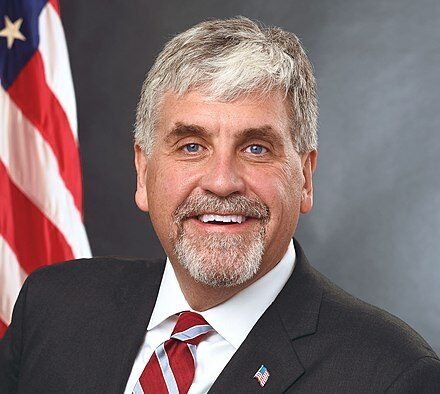New Hampshire is respected nationally as a successful model of local control and citizen-led government. However, this culture of civic engagement is under threat as states’ ability to manage their largest program, Medicaid, is being taken away.
I will soon be speaking at the New Hampshire Institute of Politics at Saint Anselm College about the political and policy consequences of an ongoing attack on the Medicaid program. We will be joined by New Hampshire Senate President Jeb Bradley, who led the effort to make New Hampshire’s Medicaid expansion permanent and will speak about how states can lead on this issue. New Hampshire has shown how to do things the right way; unfortunately, this program is being jeopardized by attacking the principle of local control that has long undergirded it.
In recent months, the Biden administration has proposed new rules bringing back to life the Medicaid Fiscal Accountability Regulation (MFAR) that then-candidate Joe Biden criticized and that President Trump ordered CMS to withdraw in 2021. Those regulations would change how states fund their healthcare safety net, resulting in at least $50 billion in Medicaid funding cuts affecting our neediest citizens.
New Hampshire voters legendarily respect authenticity. That’s why this inexplicable reversal on MFAR will no doubt be glaring to New Hampshire voters. Then-candidate Biden campaigned against the rule in 2020 and made his position clear on his campaign website. Kamala Harris went even further, calling MFAR “devastating to providers across the country and the vulnerable low-income patients who rely on them.” The reality is the most immediate threat to Medicaid is not coming from Republicans but inexplicably from inside the current administration.
This isn’t the only reason why presidential hopefuls campaigning for votes in New Hampshire will take notice of this issue. With Republican voters concerned about the expansion of centralized power, the administration has been amplifying these fears by encroaching on local control of each state’s largest program, Medicaid. Even worse, former Democratic Texas Congressman Nick Lampson has raised concerning questions about whether the administration retaliated against a sitting federal judge who blocked an earlier version of MFAR.
That’s not to mention the economic damage that will result from these new regulations. States that need additional revenue to fund Medicaid may be forced to raise taxes due to this change in the rules, draining money from taxpayers. MFAR will also cost jobs, especially in rural areas where hospitals are often the largest employers.
As the home of the first-in-the-nation presidential primary, New Hampshire has a long history of raising important issues to the national consciousness that have been under-covered in the political debate. As the presidential campaign heats up, the administration’s proposed cuts to Medicaid deserve the attention of voters in New Hampshire and across the country.
EDITOR’S NOTE: InsideSources and NHJournal are hosting a roundtable on Medicaid and the MFAR issue at the New Hampshire Institute of Politics on Monday, July 10 from 10:30am-noon.
Panelists include:
• Former Deputy HHS Secretary Eric Hargan
• N.H. State Senate President Jeb Bradley
• David Carney, a NH-based national Republican political consultant
• Moderated by NHJournal Managing Editor Michael Graham.
To attend this roundtable, please RSVP to News@insidesources.com
To view the livestream video, please register here.





